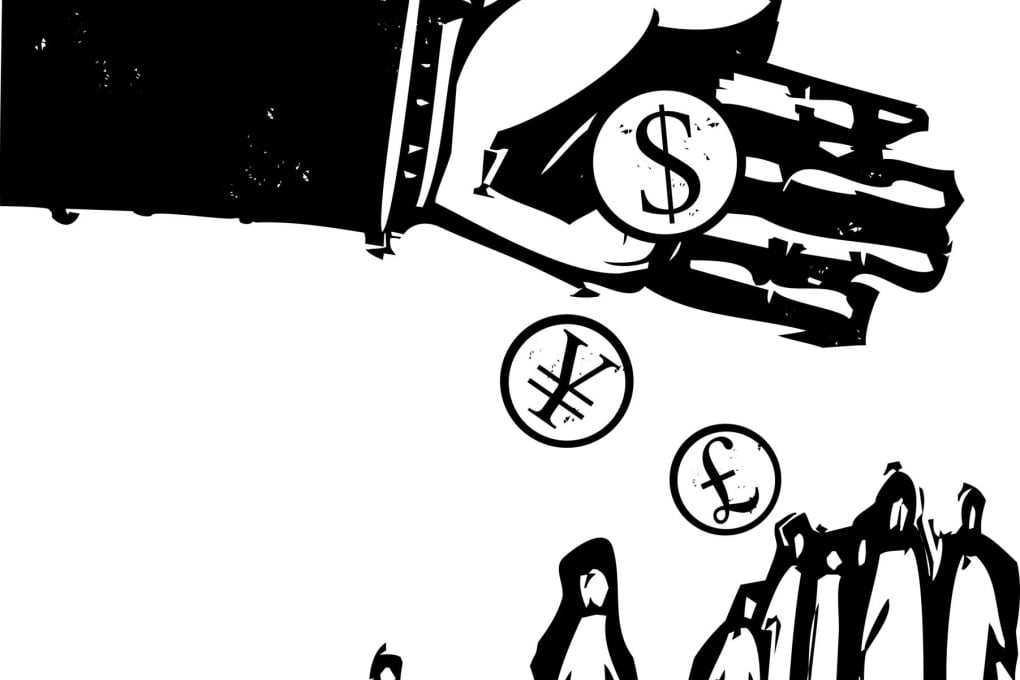Chinese billionaire's charitable vision inspires by its example
As a trust and charity lawyer in Hong Kong, I work with clients to organise and preserve their wealth. Commonly, this is the wealth that was created by affluent families over generations. Through this work, I have gained insights into the dynamics and objectives of these families, besides the management and growth of their businesses. In recent years, I have noticed that more families are turning their focus to charity foundations. For some, a family foundation keeps the multiple generations together through philanthropy. The joy of helping the less fortunate becomes a passion and provides a common interest among the family.

As a trust and charity lawyer in Hong Kong, I work with clients to organise and preserve their wealth. Commonly, this is the wealth that was created by affluent families over generations. Through this work, I have gained insights into the dynamics and objectives of these families, besides the management and growth of their businesses.
In recent years, I have noticed that more families are turning their focus to charity foundations. For some, a family foundation keeps the multiple generations together through philanthropy. The joy of helping the less fortunate becomes a passion and provides a common interest among the family.
One example is of a Chinese billionaire entrepreneur, so influenced by his philanthropic beliefs that he announced in 2010 that his entire fortune would be donated to charity. He is believed to be the first, and probably, still, the only, person to make such a promise. He stated: "If my children are more capable than I, then it is not necessary to leave them a lot of money. If they are incompetent, a lot of money will only be harmful to them."
The grandson of this Chinese billionaire, Mr P, in his 40s, joined the family business after he graduated from a Canadian university. He works with his grandfather in the business and the family foundation. During this time he learned about his grandfather's work ethic.
A prevailing belief in Chinese culture is that older generations should be a role model for their families and inspire younger generations to give back to society. The Confucian interpretation of this obligation extends to the societal level, where successful members of the community are supposed to help the unfortunate.
In Hong Kong, about 500 charities with tax exemption are set up every year with wide-ranging causes, from providing after-school tutorial classes to helping foreign maids cope with unexpected pregnancies (there are reportedly about 6,000 of these cases a year). There is bound to be something that touches these families' hearts.